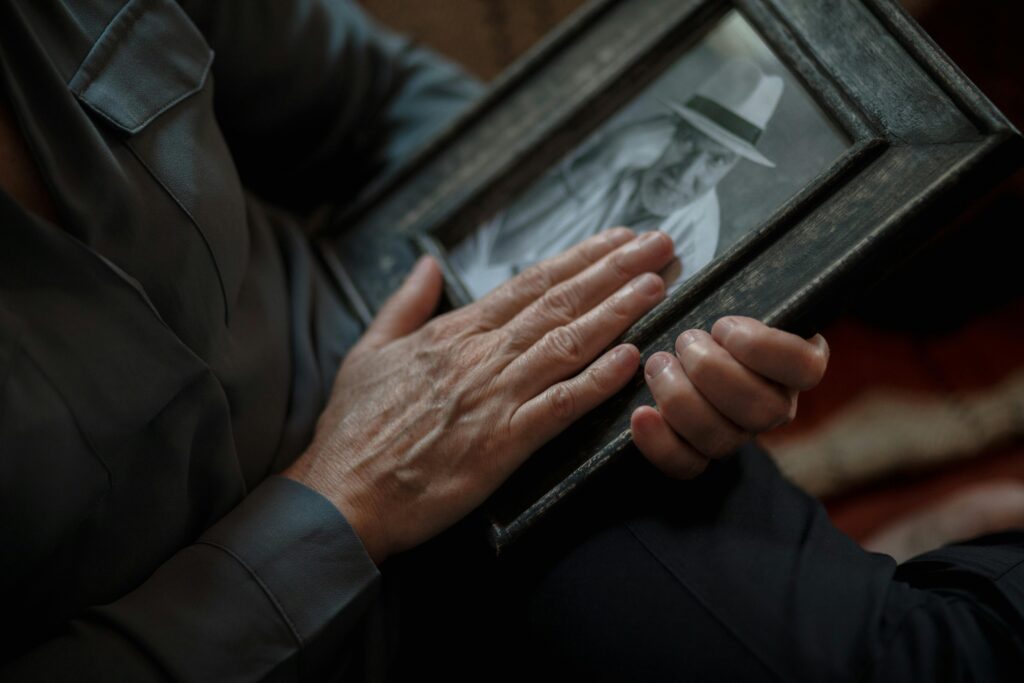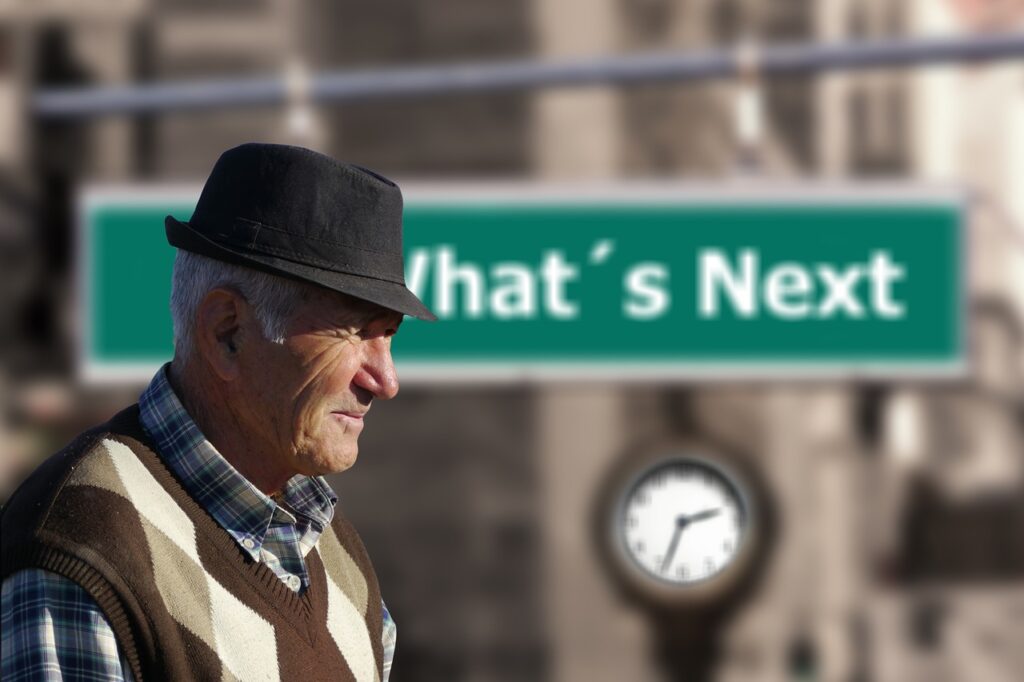
By: Retirement Home Insider retirementhomeinsider.com
How to choose the best retirement home possible, is a tough decision to make. You have to look out for your loved one with the best retirement home safety measures in mind.
While the process can be full of anxiety and stress, congregate senior living can be a positive life changing experience to reignite the mind, body and soul.
Having helped thousands of seniors move into retirement communities, we’re going to make it easier for you by highlighting the 7 (and 1/2) best retirement home safety questions .
When choosing the best retirement home, it helps if you begin with the right questions.
Click Here For The Ultimate Guide To Finding The Best Retirement Homes In Senior Living
When it comes to senior safety, how a retirement community protects both the vulnerable as well as the valuables, should be a critical part of your decision-making process.
Safety is not about “What would you do…..”, it’s more about “What have you done……”
There’s more to it than just salting the sidewalk when it snows. It’s about being proactive in resident education, employee training and infection control.
The following questions will help you uncover whether a residence has good safety practices in place to protect both the vulnerable and the valuables.

1 – How Many Team Members Are on Site During the Overnight Shift? Is One of Them a Nurse?
The More Staff On The Overnight Shift – The Safer The Residents Are
It would be super convenient if emergencies in a retirement home (medical emergencies, floods, fire, etc.,), only occurred during the day when there are dozens of staff members to deal with them.
We know that’s not the case. The more team members on the overnight there are, the better. Especially if one is a nurse since they are trained well on how to deal with emergencies.
Some companies view cutting the number of overnight staff as a money saving gesture.
You want to know what the overnight staffing complement looks like, as overnight staff can mitigate problems such as floods more quickly as they arise.
They can help evacuate quicker in case of fire, and having a nurse on can make life saving decisions in a medical emergency.
2 – How Do You Handle Residents Who Suddenly Need Behavioural and Mental Health Support?
The Protection of Your Loved One Sometimes Applies to Other Residents
Residents living on their own independently can suddenly begin to exhibit behaviours that are harmful to others and to themselves.
Those residents will need help – but that takes time and the commitment of the resident and/or family, which isn’t always forthcoming.
You want to know how the residence handles these issues – what supports are available and what they can do to mitigate the impact on other residents and the community?
Do they have behavioural support specialists available? What professional supports have they leaned on in the past? If 24-hour staffing is needed for a resident – where does that service come from?

3 – What Kind of Training Do New Employees Get Before They Start? What Added Training Occurs Annually?
What Training Do They Do On Top Of The Mandatory Stuff?
You can break training into 2 parts – the “have to do” regulatory and mandatory training, and the company driven training. How extensive is the company driven training?
Do they train their team on how to handle resident behaviours? Do they train on guest service from how to answer the phone to how to serve in the dining room?
Do they specialize in certain areas such as palliative care, or have mandated certifications for how to properly teach exercise classes for seniors?
Very rarely does any property I go into have 100% compliance for all aspects of mandatory training. How do they know or track who’s completed their training and who’s still outstanding?
Click Here For 7 (And a Half) Important Questions For the Executive Director Of A Retirement Home

4 – How Many Fire Drills Do You Do Per Month? How Do You Train the Overnight Staff in Fire Response?
3 Times Per Month Should Be The Minimum Standard For Fire Training Of All Shifts
These questions center around emergency preparedness.
There should be an Emergency Plan Handbook at the Concierge Desk, along with emergency supplies and what to do in case of everything from bomb threats to burglaries.
Do they have a generator and what does it power? How does their team know what to do in emergencies such as power outages or ice storms?
There should also be a fire plan that stipulates how many team members need to be on the overnight shift in case of an evacuation.
Strong operators have varied and different scenarios for their fire training – like the fire alarm goes off but the fire panel isn’t showing anything.
Nobody wants emergencies to occur, but if they do, you wanted people who have been trained properly to respond.
5 – How Often Do Your Team Members Do Building Exit and Perimeter Checks During the Night? Do They Have a Checklist?
Boring Procedures 98% of the Time – Critical 2% of the Time
Proactive safety is what these questions are all about. This is when an exit door accidentally left open can be closed, an odd smell in a hallway can be investigated, or a resident wandering reported.
Good operators have a process the team is supposed to follow, that is signed off on for follow up.
Added questions you may also want to ask – when do the front doors lock at night and how does somebody get in the building after hours? Do they have cameras in place and are they on all the exits?
Free Guide – How To Choose Between New Builds & Old Builds In Retirement Living

6 – When Were You Last Declared in Outbreak by the Health Department? How Long Did it Last and What Did You Do to Get Out of It?
Frequent And Long Outbreaks In A Residence Is A Bad Sign
Every health department in every region has a different response to outbreaks. Outbreaks are declared when anything from covid to gastro bugs are moving through a home.
They usually result in restrictions to programs, visitors or dining. Good operators mitigate the length and number of outbreaks which can have lasting, harmful effects on residents.
A residence that can rattle off specific steps to mitigate outbreaks or shorten them usually has a good infection control plan in place.
7 – What Kind of Education Sessions or Programs Do You Run to Help Protect Residents From Online & Telephone Scammers?
Seniors Need All the Helpful Reminders They Can Get
The home needs to be proactive in protecting residents from all the bad actors out there trying to take advantage of the vulnerable. What do they do to continually educate residents on how to keep safe?
From presentations led by the local police department, to having the fire department come in for fire safety talks, to bank managers speaking to financial education, the hope is that programs like these help some seniors avoid potentially disastrous outcomes.
The monthly programming calendar will give you a clue as to how often and how well they are educating.
Make Your Home Safer. Common Sense Products For Seniors – Ideas We Love

(And A Half Question) – What Do the Concierge Staff Do to Keep the Home Safe?
Sign In Kiosks Are All the Rage But the Human Touch Still Reigns Supreme
For multiple safety reasons, it is ideal if a Concierge desk is as close to the front door as possible. How does the Concierge screen visitors – even with a sign in kiosk?
How does the home keep resident information private, such as last names and suite numbers?
Are contractors forced to wait for a manager before entering the building? Are cameras on all the time and do they work? Are they alerted to alarms when certain exit doors are opened?
We really appreciate your time. Did we miss anything? Drop us a thought in the comments or send us a note – we’d love to hear from you.
jay@retirementhomeinsider.com
We would be immensely grateful if you shared this article with your network.
More Free Expertise and Services Are Available @
Unbiased. Unfiltered. Reviews & Advice for Senior Living

